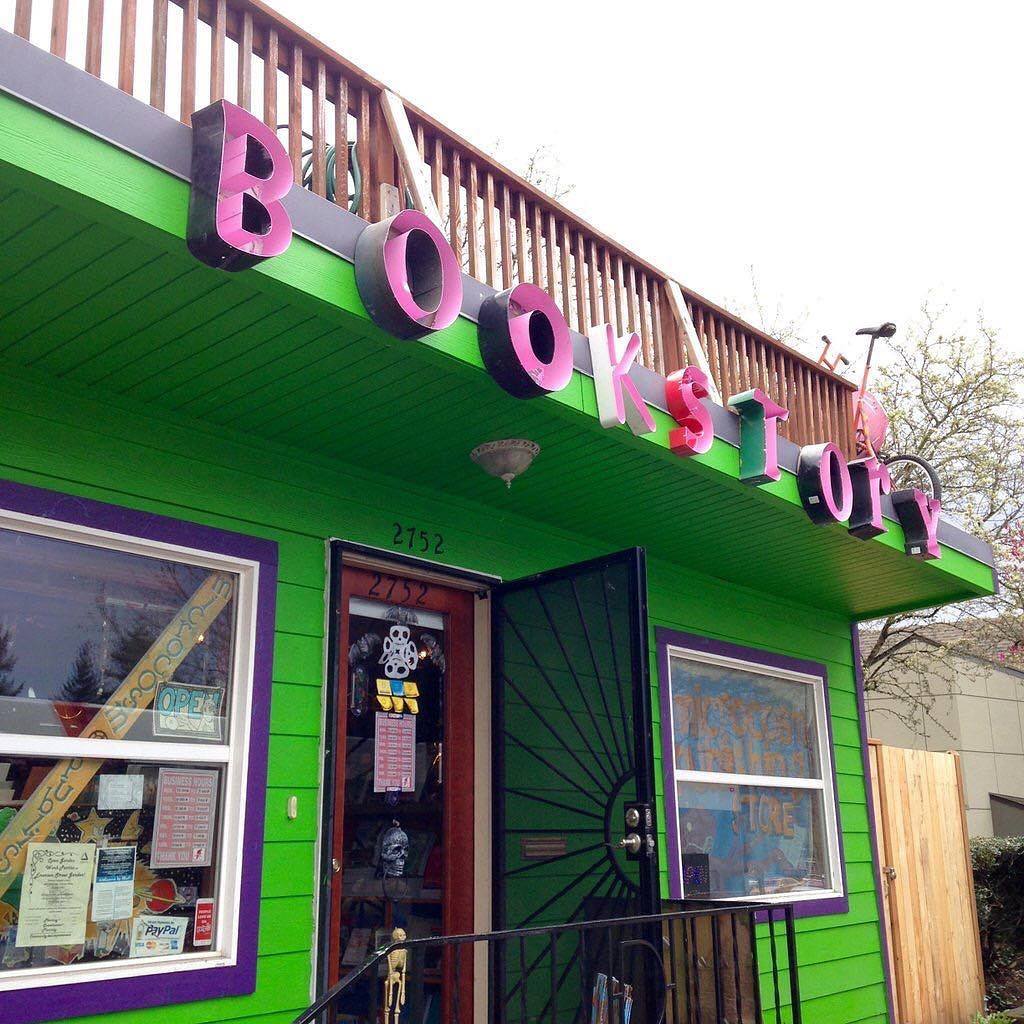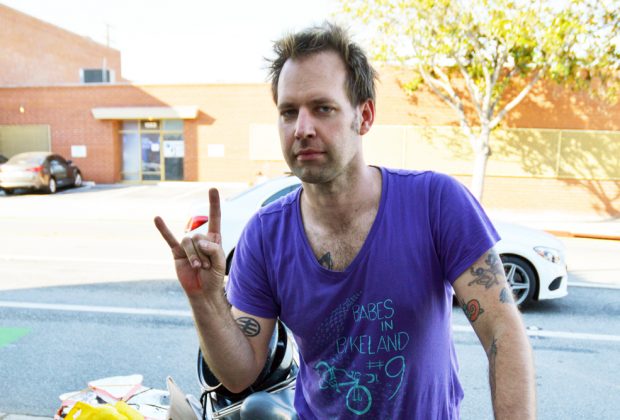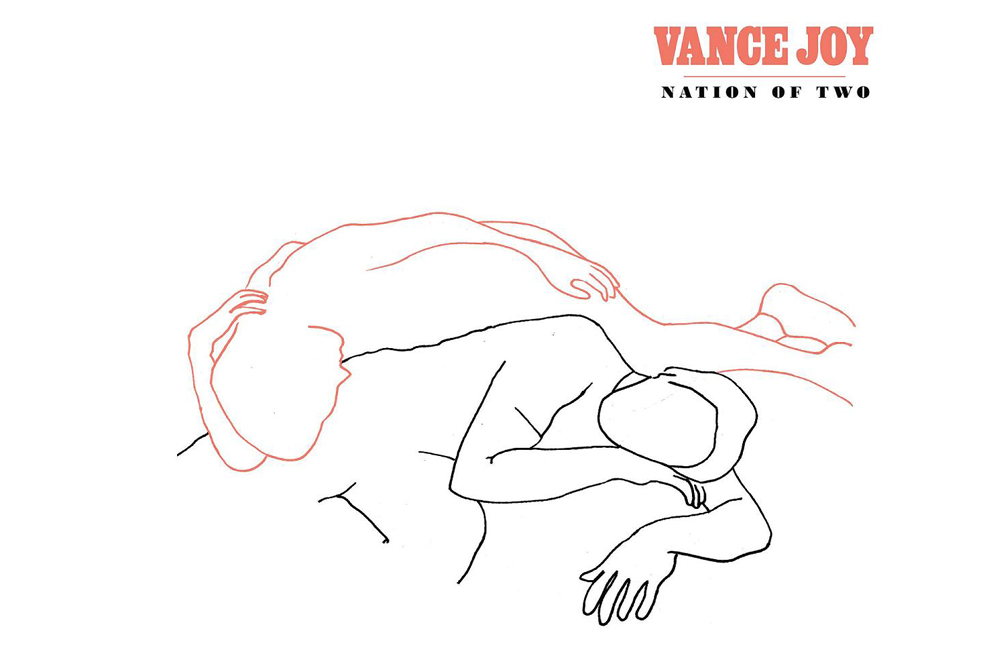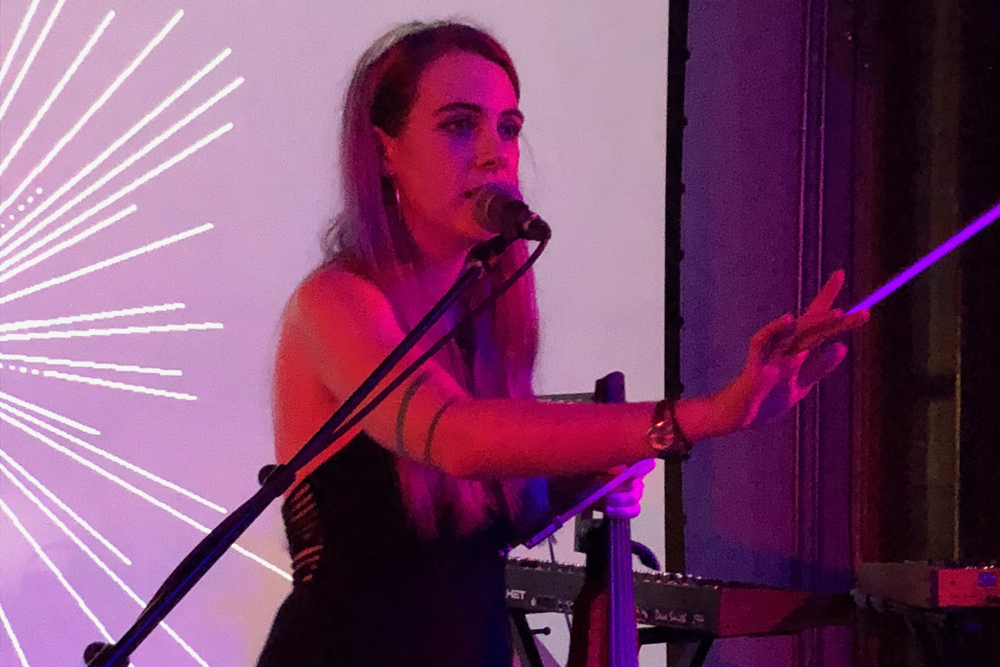The terms “do it yourself” and “going indie” are so liberally used today, especially in reference to the current state of the music industry. For a number of musicians, their reality is all about sidestepping major labels and writing, recording, publishing and packaging a product themselves. This is the story of an entrepreneur who emerged from the music world, with a similar independent business model he applied to the print medium.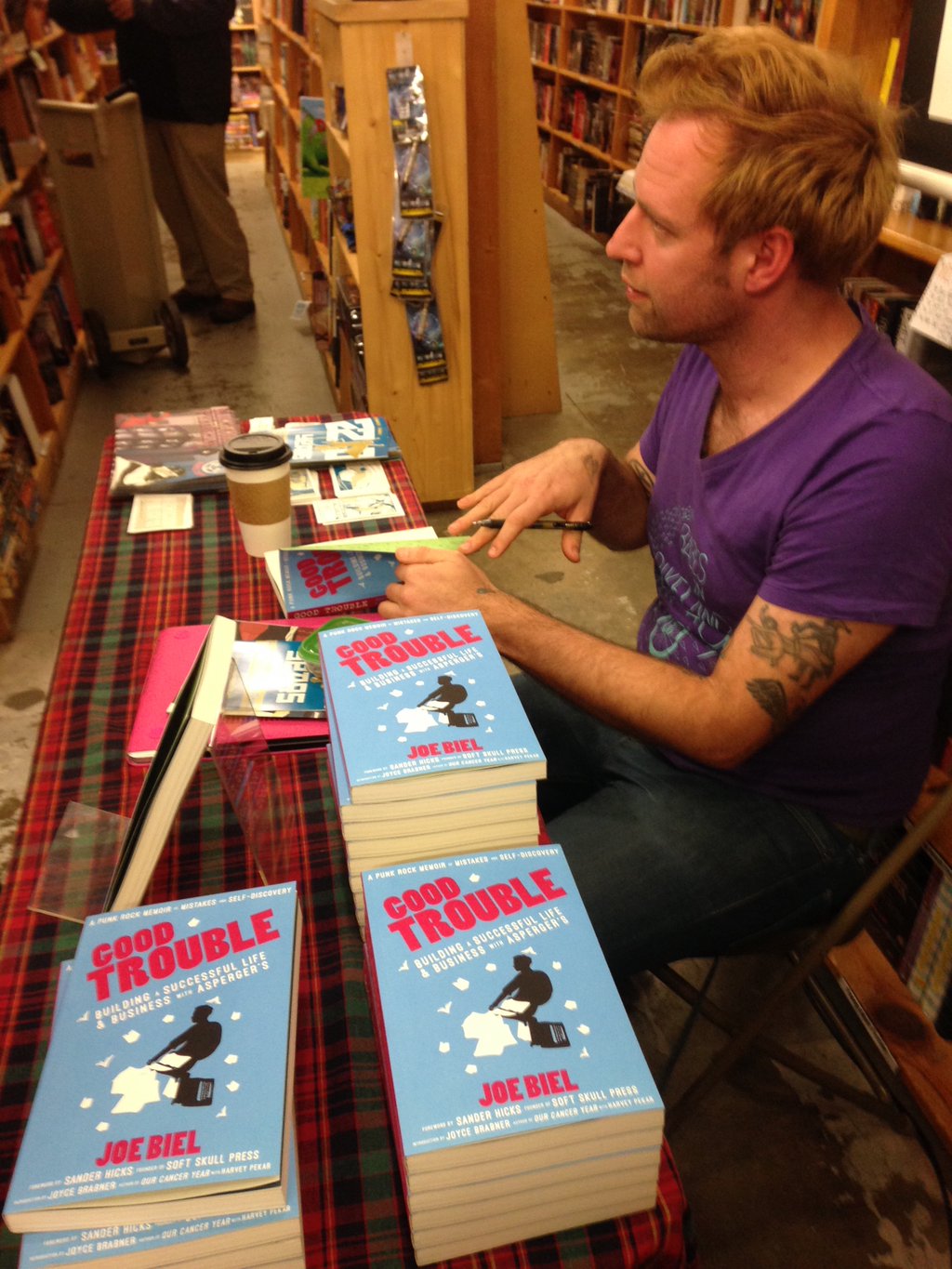
Joe Biel grew up in Cleveland, OH in the early ‘90s as a kid who felt different and somewhat disenfranchised from family and authority figures alike. As a teen, he related to the freedom and inclusion that punk rock provided. Initially, he attached himself to that world as a means of personal identity and survival. But it became so much more.
“As a kid I looked up to the punk rock world I grew up in,” says Biel. “And in many ways, it taught me things like morality and priorities and how to respect others and make decisions. I wanted to bring that same sort of frame to publishing. I never thought of it as a job or business. I was just motivated about how life-changing the punk scene had been for me, and in many ways wanted to expand upon that.”
He and some like-minded partners started a punk music club called Speak in Tongues that ran from 1991 - 2000. They would host touring bands and it was a place that seemingly had no limits as an incubator for doing your own thing. “We could do what we wanted in terms of musical genres,” says Biel. “And things were completely out of control. Some nights, cars were set on fire, fireworks were set off indoors. I guess I wanted to capture that view with the publishing world. It wasn’t just about the nihilistic lawlessness of it, but about finding meaning and purpose and giving people the tools to create the type of world they wanted, and change what was around them.”
Concurrently, Biel had also spent the majority of his life undiagnosed with Asperger’s Syndrome, which undoubtedly contributed to his feelings of awkwardness. When he received a proper diagnosis a few years ago it allowed the 40-year-old to fully embrace the resulting challenges of his condition and turn it around. “We now understand that Asperger’s is a form of autism,” explains Biel. “And what that means basically is that we perceive vastly more data than neuro-typical people. I take in four times as much information as most people and that can be debilitating. We know that people with autism are not able to perceive the emotional expressions of others. So, we may miss obvious social cues.”
Biel began Microcosm Publishing as a part-time mail-order business out of his home in Cleveland in 1996. The company relocated to Portland, OR in 1999. His independent enterprise was an initial clearinghouse for punk rock labels, eventually evolving into book publishing. Microcosm became known for publishing books and media on DIY lifestyles, self-empowerment, tongue-in-cheek humor, healthy cooking, radical politics and more.
“We did a book for our 20th anniversary where I put a lens around my life called Good Trouble: Building a Successful Business with Asperger’s,” says Biel. “I finally felt like I wrapped my head around it and felt like Microcosm could grow from there. We were able to figure out the right balance of my ability to parse data to bringing in people based on their skills. Previously I would hire people based on their level of excitement, and that would be the only criteria (laughs).”
For Microcosm Publishing, the last few years, in particular, have been “the sky’s the limit” in terms of sales and reaching its target demographic. While much of the standard publishing industry has sputtered, Biel’s Microcosm approach remains relevant and thriving. “It goes back to that early punk rock model of thinking,” he reflects. “When you approach the kind of topics we do, the way we do it’s refreshing because it’s different. Another thing that’s completely abnormal about us is there’s this new diverse books movement and we appeal to that. We also use different editorial content when deciding what authors and material we want to carry in our catalog; does it make the readers feel good about themselves? Does this empower the reader and help make choices for them?”
Perhaps the largest part of Biel’s success is rooted in good old-fashioned elbow grease combined with a unique personal vision. “I started out by my bootstraps and funded everything through my job at an Italian restaurant,” recalls Biel. “It was like ‘I need this to exist so that people like me should have something like this.’ If I was doing this just for money I wouldn’t have cared so deeply or so long.”
Some of Microcosm’s top sellers run the gamut from the sublime and practical, a book about how to save money and remaining self-sufficient in the times of a recession (Make Your Place) to the ridiculous fantasy comix adventures of Henry Rollins and Glenn Danzig (Henry and Glenn Forever).
“The only way I knew how to reach people was going to punk shows and selling stuff out of milk crates,” states Biel. “And then people told me I should sell my stuff in stores. So I would approach stores and that influences how you edit and develop. And in a few years I started to learn what would sell in record stores, for example. Since then we’ve taken our products to hardware stores, clothing stores, gift shops and places where customers might not necessarily go to buy books. And, 22 years later, that is still how we do it.”
Contact [email protected]
